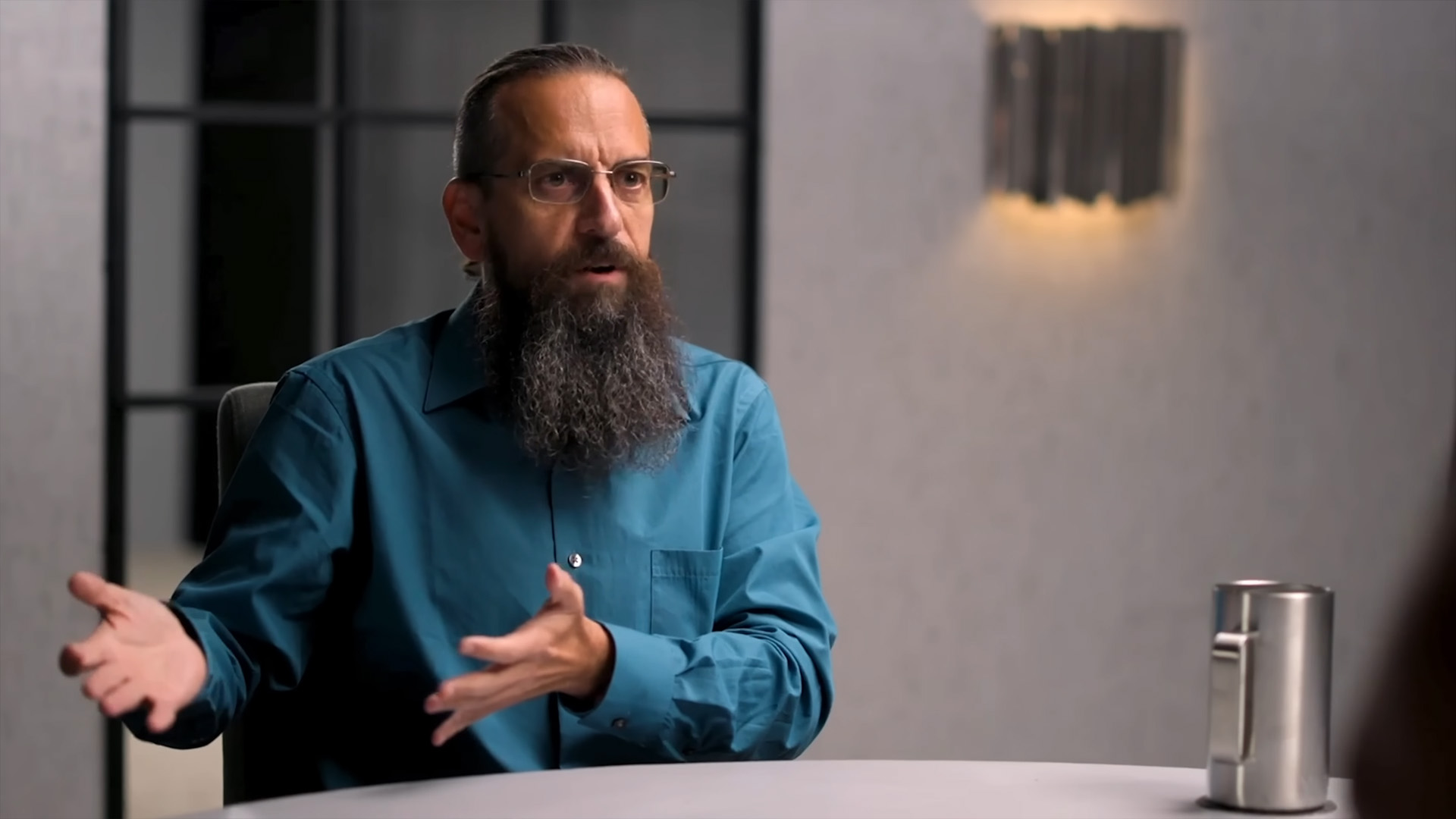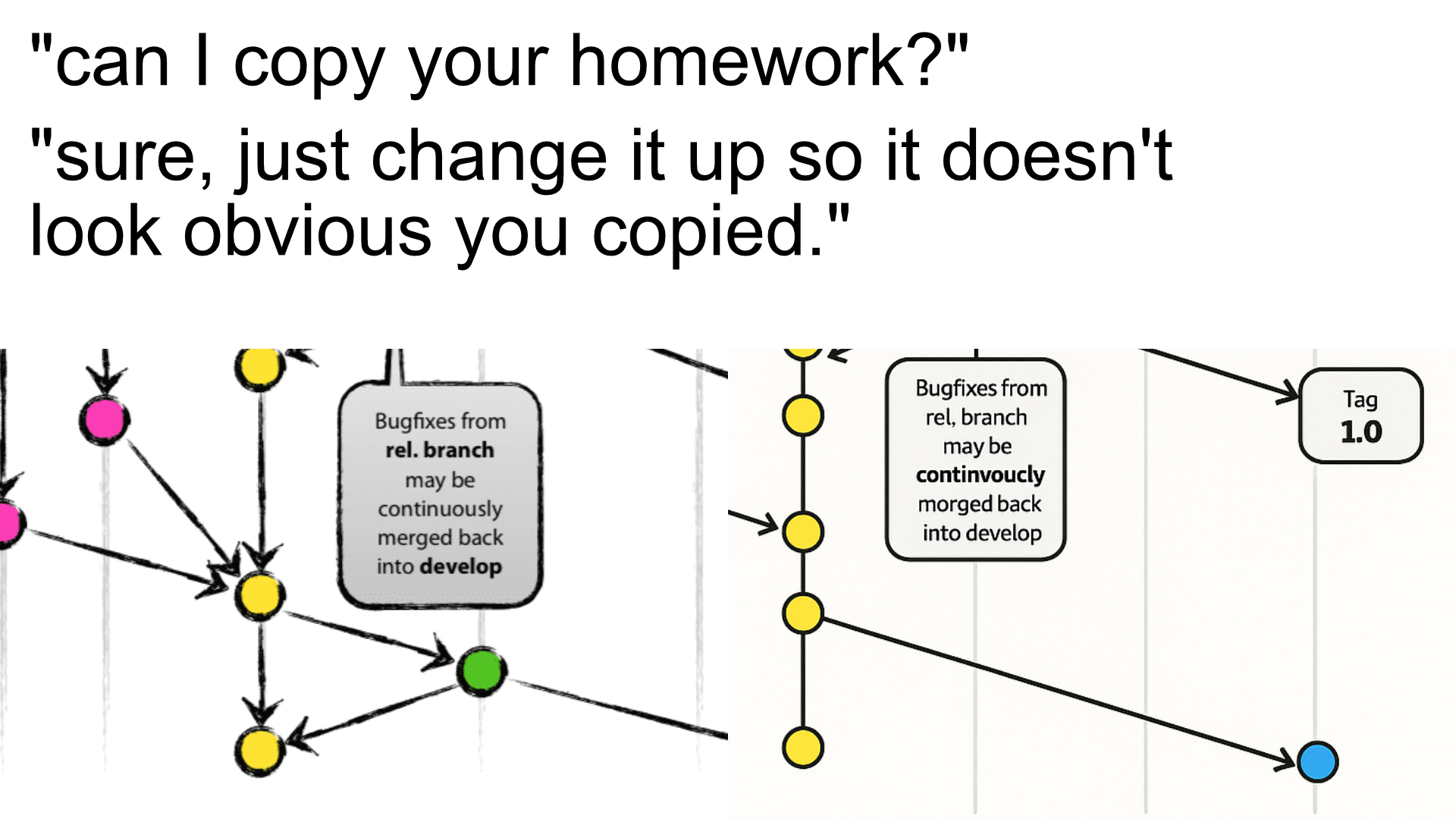AI expert Roman Yampolskiy warns of 99% job loss by 2030 — no "plan B" in sight
From coders to physical labor, no profession is safe from automation’s reach. Why one AI safety expert believes almost every job will vanish by 2030 and retraining won’t save us.

All the latest news, reviews, and guides for Windows and Xbox diehards.
You are now subscribed
Your newsletter sign-up was successful
With top AI labs like OpenAI, Google, and Anthropic reportedly hitting a wall and being unable to develop sophisticated AI models due to a lack of high-quality content for training, it's increasingly becoming impossible to tell the direction the advanced technology is going to take.
Most of these companies are venturing into the business face-first, investing billions in the category without a proper roadmap for profitability in a bid to chase the ever-elusive AI hype with the hope of achieving the coveted AGI (artificial general intelligence) benchmark.
Multiple reports suggest OpenAI is prioritizing shiny products over safety processes and culture. Even Anthropic CEO Dario Amodei recently admitted that the company doesn't know how its AI models work.
Aside from privacy and security concerns, AI poses a great existential threat, with AI safety researcher and director of the Cyber Security Laboratory at the University of Louisville, Roman Yampolskiy, recently indicating that there's a 99.999999% probability AI will end humanity.
More interestingly, the researcher recently shared more insights about AI during a recent episode of The Diary of a CEO with Steven Bartlett, including the impact of the technology on the job market (via Business Insider).
According to Yampolskiy:
"In five years, we're looking at levels of unemployment we've never seen before. Not talking about 10%, which is scary, but 99%."
All the latest news, reviews, and guides for Windows and Xbox diehards.
As AI tools become more advanced and more companies venture into developing humanoid robots, he argues that it might be uneconomical to hire humans in the foreseeable future.
If I can just get, you know, a $20 subscription or a free model to do what an employee does. First, anything on a computer will be automated. And next, I think humanoid robots are maybe 5 years behind. So in five years, all the physical labor can also be automated.
AI safety researcher, Roman Yampolskiy
Yampolskiy further claimed that professions like coding and prompt engineering, which are considered future-proof, will be on AI's chopping block. As you may know, Microsoft co-founder Bill Gates claimed that AI will replace humans for most things, save for a few tasks specifically preserved for humans. He joked that no one would like to watch computers playing baseball.
Gates claimed that three professions would survive the AI revolution, including coders, energy experts, and biologists. He argued that these professions are too complex to fully augment using AI, further indicating that human intervention is still crucial. But according to Roman Yampolskiy:
"AI is way better at designing prompts for other AIs than any human. So that's gone."
While upskilling and retraining have been floated as the solution for AI taking over jobs, Yampolskiy says these efforts won't cut it, especially as AI becomes more advanced. "Before, we always said this job is going to be automated, retrain to do this other job," the researcher added. "But if I'm telling you that all jobs will be automated, then there is no plan B. You cannot retrain."
AI safety and solution to threats
Roman Yampolskiy seems to think that the next-gen technology has evolved and advanced to a level that's beyond our grasp, making it difficult to prevent it from spiralling out of control."I was convinced we can make safe AI, but the more I looked at it, the more I realised it's not something we can actually do," he added.
But all hope isn't lost. He claims that humans can still take initiative and accountability about the potential dangers that the technology poses by spreading more awareness to key stakeholders in the generative AI landscape.
If people realise that doing this thing is really bad for them personally, they will not do it. So our job is to convince everyone with any power in this space, creating this technology, working for those companies that they are doing something very bad for them. Not just forget the 8 billion people you are experimenting on with no permission, no consent. You will not be happy with the outcome.
AI safety researcher, Roman Yampolskiy
In the grander scheme of things, the AI safety researcher believes that we can still regain control over the technology by making sure that we are building things that are beneficial to humanity and ensuring that the key stakeholders making all the important decisions are qualified to do it.

Kevin Okemwa is a seasoned tech journalist based in Nairobi, Kenya with lots of experience covering the latest trends and developments in the industry at Windows Central. With a passion for innovation and a keen eye for detail, he has written for leading publications such as OnMSFT, MakeUseOf, and Windows Report, providing insightful analysis and breaking news on everything revolving around the Microsoft ecosystem. While AFK and not busy following the ever-emerging trends in tech, you can find him exploring the world or listening to music.
You must confirm your public display name before commenting
Please logout and then login again, you will then be prompted to enter your display name.

